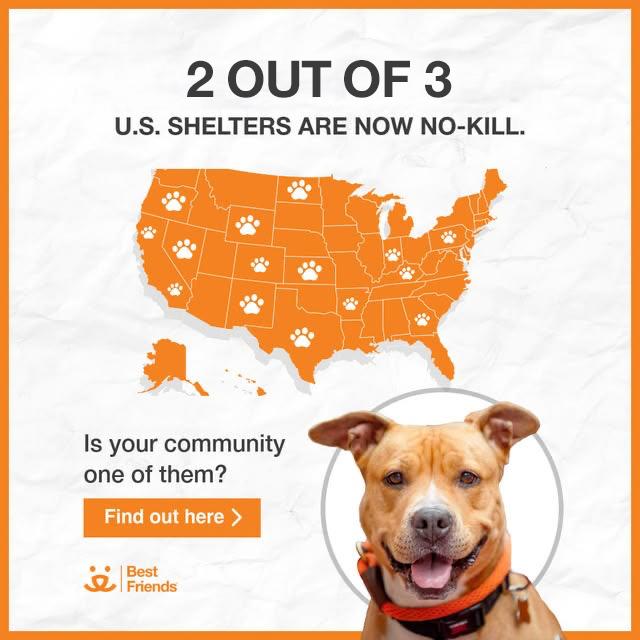
Don't Buy Pet Store Puppies: Here's Why & What to Do
Because it’s sad to see pet store puppies in cages, many people want to “rescue” them by buying them. While the intentions of these people are good, buying dogs helps pet stores stay in business, perpetuating the cycle of thousands more puppies being raised in puppy mills and then sold in stores. In short, “rescuing” a puppy from a pet store helps puppy mills thrive.
Every puppy sold means more puppies will be ordered. Pet stores operate like any other retail business; they have inventory, and puppies are part of that inventory. If you walk into a store and see a sad-looking dachshund puppy and decide to buy her to get her out of the store, the store places an order for another dachshund puppy. Your kind-hearted gesture of purchasing a pet store puppy is interpreted by the store as a demand for that breed. And without intending to do so, you’ve helped keep another commercial breeder, broker, and pet store in business.
Shouldn't I care about pet store puppies?
Yes, but remember that puppies in pet stores are the ones who have already made it out of the puppy mill. The real tragedy is the hundreds of thousands of dogs and puppies still living in puppy mills, where almost all pet store puppies come from. These dogs live in tiny, cramped cages for most of their lives for the sole purpose of producing puppies to be sold in pet stores. You can help put puppy mills out of business by never buying a puppy from a puppy store for any reason.

See how your community is doing
What happens to pet store puppies who aren't sold?
As with other unsold inventory, they go on sale. Stores buy puppies for a fraction of what they charge their customers. An 8-week-old puppy may have an initial price tag of $1,500 in a store. If no one buys the puppy, the store will lower the price and continue to mark it down as the puppy grows larger and gets older. Eventually, puppies are marked down to the price the store paid the puppy mill broker — usually a few hundred dollars. If the puppy still doesn’t sell, stores will often cut their losses and give puppies away to employees, friends, or rescue groups.
I can’t stand the thought of those puppies in the store; I still want to rescue one
That’s why we recommend a “do not enter” approach to compassionate people like you. Don’t go into pet stores that sell puppies. Don’t buy supplies there. Don’t even go in just to look. If you want to help puppies and dogs, walk away from the pet store and head to your local shelter to adopt.
For more information, visit Best Friends Animal Society's puppy mills initiatives page.
